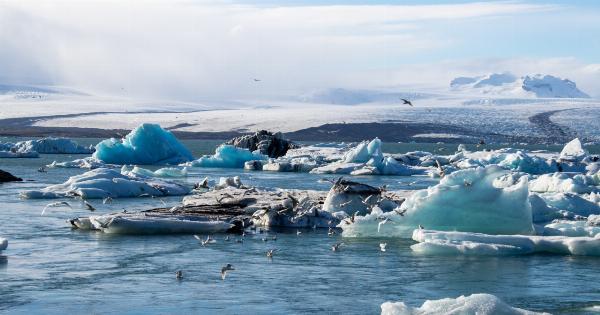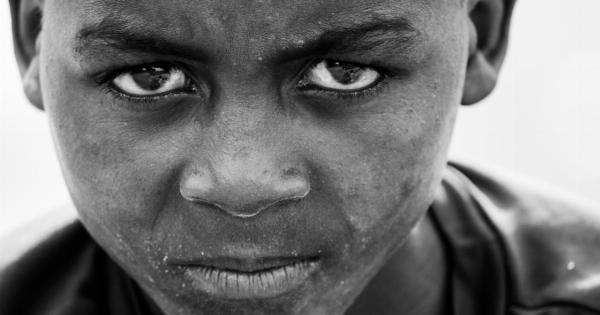Global warming refers to the long-term increase in temperature of the Earth’s atmosphere. It is mostly caused by the release of greenhouse gases such as carbon dioxide, methane, and nitrous oxide into the atmosphere.
These gases trap heat from the sun which results in the warming of the planet. Over the past century, the Earth’s average surface temperature has increased by about 1.1°C, and the rate of warming is accelerating.
How Does Global Warming Affect Children?
Global warming has a significant impact on children’s health, education, and overall well-being. Here are some ways in which global warming can affect children:.
Health Impacts
Climate change can have a direct impact on children’s health. Rising temperatures can lead to an increase in heat-related illnesses such as dehydration, heat exhaustion, and heatstroke.
Extreme weather events such as floods, hurricanes, and wildfires can also have negative effects on children’s physical and mental health. These events can cause injuries, displacement, and trauma.
Education Impacts
Global warming can also affect children’s education. Extreme weather events can result in school closures, which can disrupt education and affect learning outcomes.
Climate change can also impact school infrastructure such as buildings and transportation which can affect the quality and accessibility of education for children.
Food and Water Security Impacts
Global warming can also impact food and water security, which can have negative effects on children’s health and development. Changes in rainfall patterns can lead to droughts and food shortages, which can affect access to nutritious food.
Changes in water availability can also increase the risk of waterborne diseases such as diarrhoea, which can have long-term impacts on child development.
Impacts on Mental Health
Climate change can impact children’s mental health as well. Extreme weather events and natural disasters can cause trauma and anxiety in children.
The impacts of climate change can also lead to stress and anxiety due to concerns about personal safety and the future of the planet.
Impact on Future Generations
The effects of global warming will have long-term impacts on future generations. Children are more vulnerable to the effects of climate change, and the impacts of global warming can be felt for decades to come.
Climate change can lead to ecological and environmental damage that is irreversible and can have profound impacts on future generations.
Ways to Combat Global Warming’s Impact on Children
There are several ways in which we can combat the effects of global warming on children, including:.
Reduce Carbon Emissions
Reducing carbon emissions is one of the most effective ways to combat global warming.
Individuals and governments can take actions to reduce their carbon footprint by using renewable energy sources, reducing energy consumption, and adopting sustainable lifestyles.
Invest in Climate Adaptation
Investing in climate adaptation is essential to help vulnerable communities, including children, adapt to the impacts of climate change.
Adaptation measures can include improving access to water, investing in resilient infrastructure, and providing education and support to communities.
Support Children’s Mental Health
Supporting children’s mental health is critical to help them cope with the impacts of climate change.
Communities and governments can provide education, resources, and support to help children deal with stress and anxiety related to climate change.
Conclusion
Global warming has significant impacts on children’s health, education, and overall well-being. The effects of climate change can be felt for decades to come, and it is essential to take action to combat the impacts of global warming on children.
Reducing carbon emissions, investing in climate adaptation, and supporting children’s mental health are critical steps to take towards a more sustainable future.


























